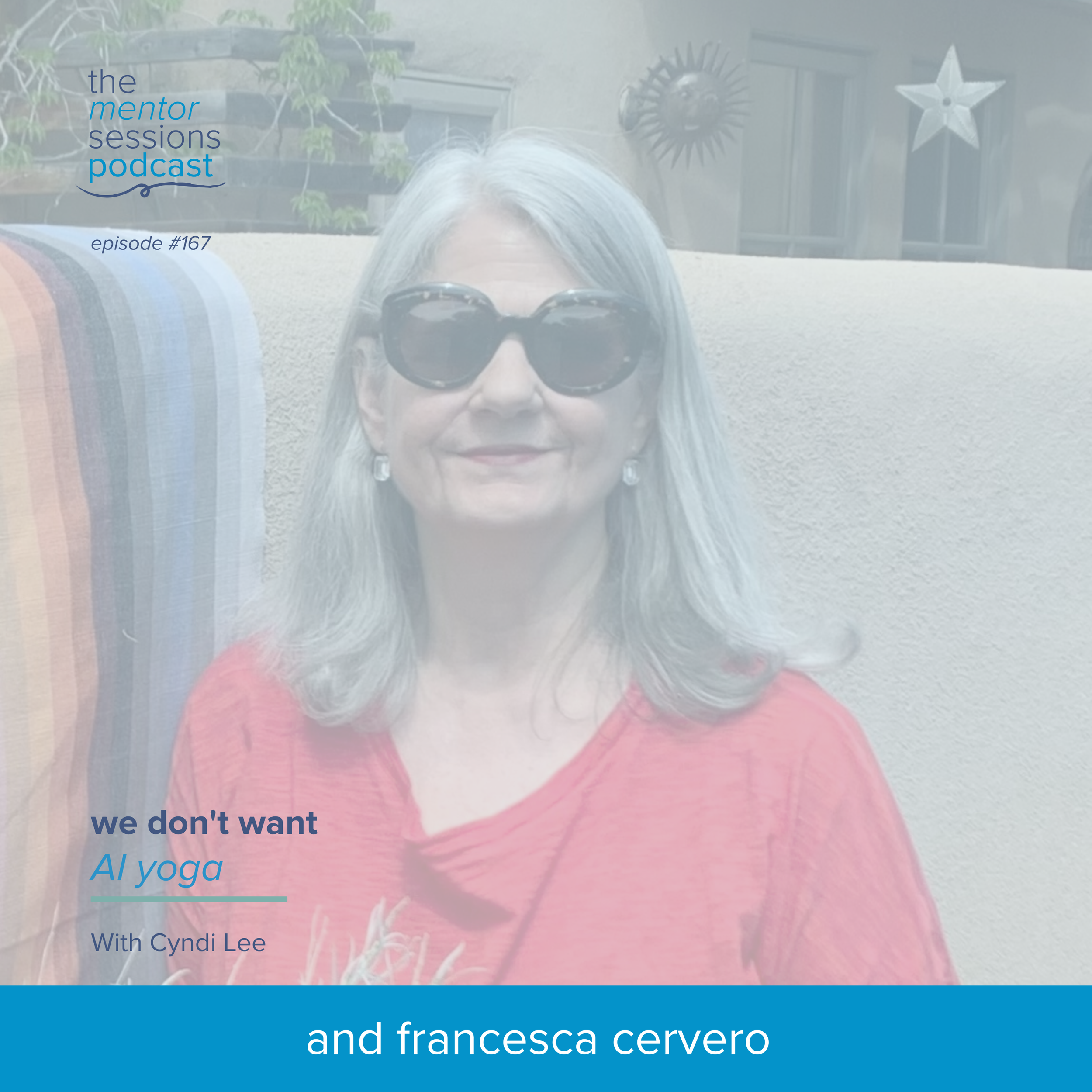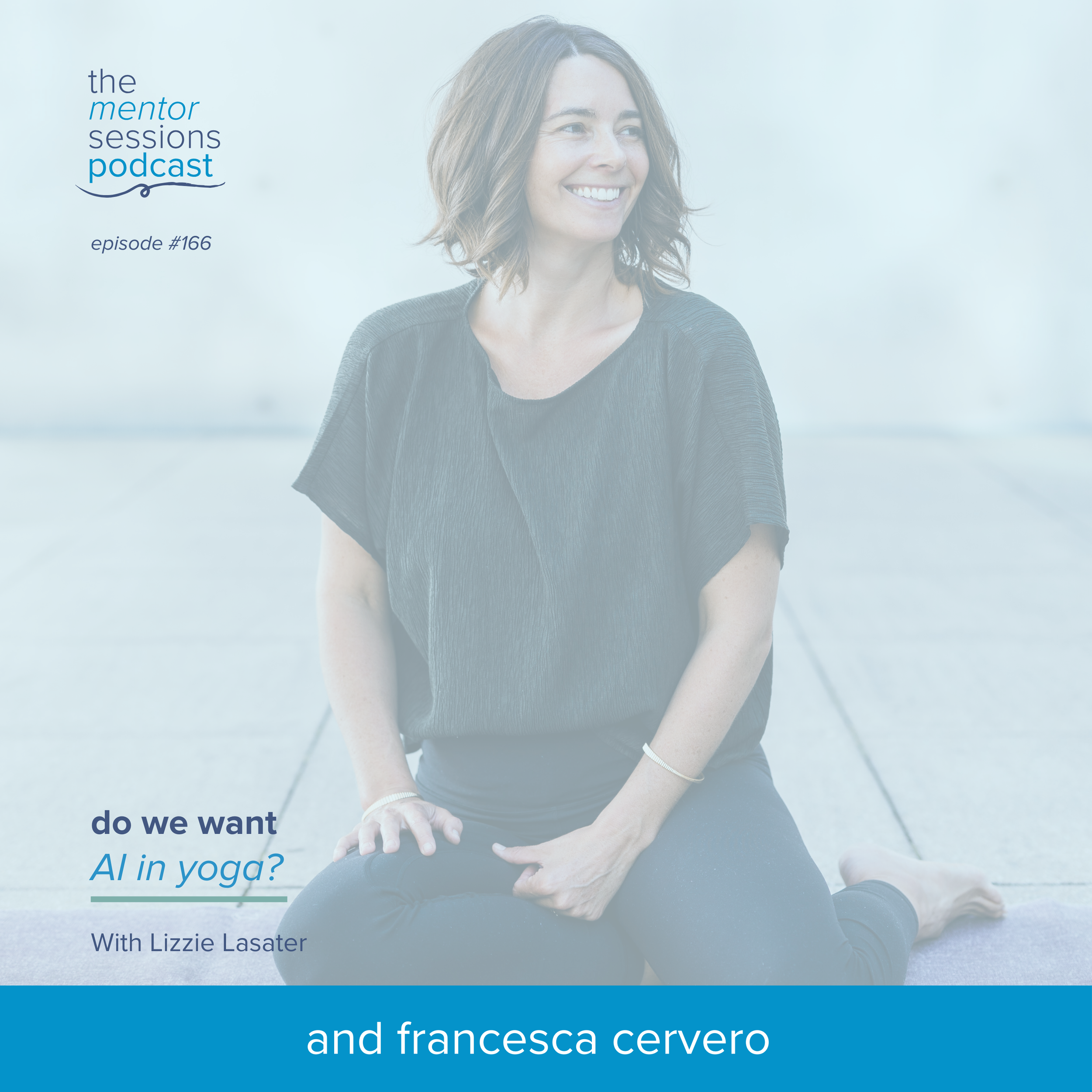149: What I’m Doing to Keep My Private Teaching Calendar Full
Teaching yoga, and maybe especially teaching private clients is, to be candid, an unstable way to make a living. But I have done it successfully for twenty years, so it can be done!
I’m in a season in my life where I have limited spots available to teach, but financially I need every single one of those spots filled every week. I have about ten standing private clients and then I have at least five spots every week that need to be filled.
So in today’s episode, I am giving you all the details about what I am doing to keep my private teaching calendar full. It is working really well!
In this episode, you’ll hear:
why I recommend having at least one virtual private yoga client
how having a list of people who I see infrequently has helped
how I talk about my work with confidence and seriousness
why I STILL offer free private lessons, and recommend you do too
how I manage my calendar booking software so I don’t miss out on filling a spot
advice I have changed my mind on, and why I invite students to have their friends join their private lesson




American yoga teachers have a unique role in fighting fascism. We are deeply practiced in the tools that help us (and our students) feel clear, steady, focused, calm and resilient. And if you read the teachings the way I do, we have a powerful directive to engage in direct social action.
Lovingkindness meditation says, “May All Beings Be Safe And Free” and that is not just a nice idea, but a mandate to work for change. As you can plainly see with your eyes, all beings are not safe. But there is so much we can do! There is incredible work being done and all we have to do is plug into it.